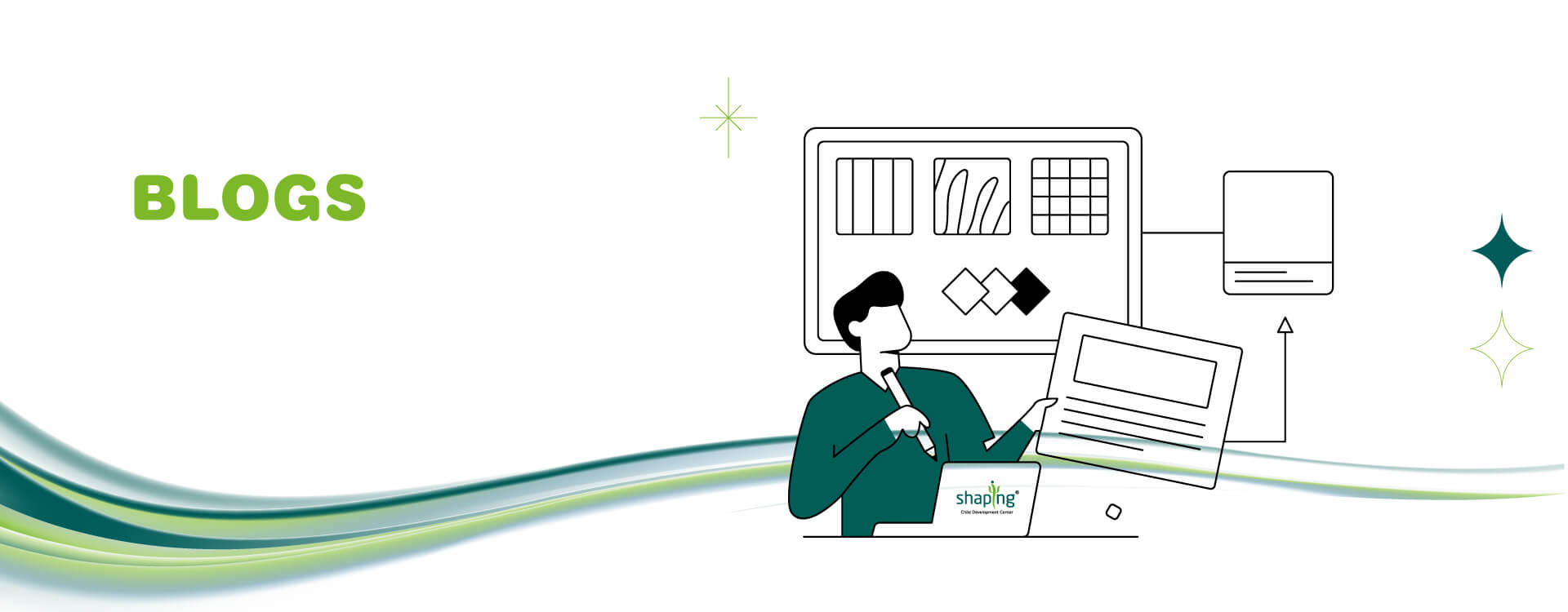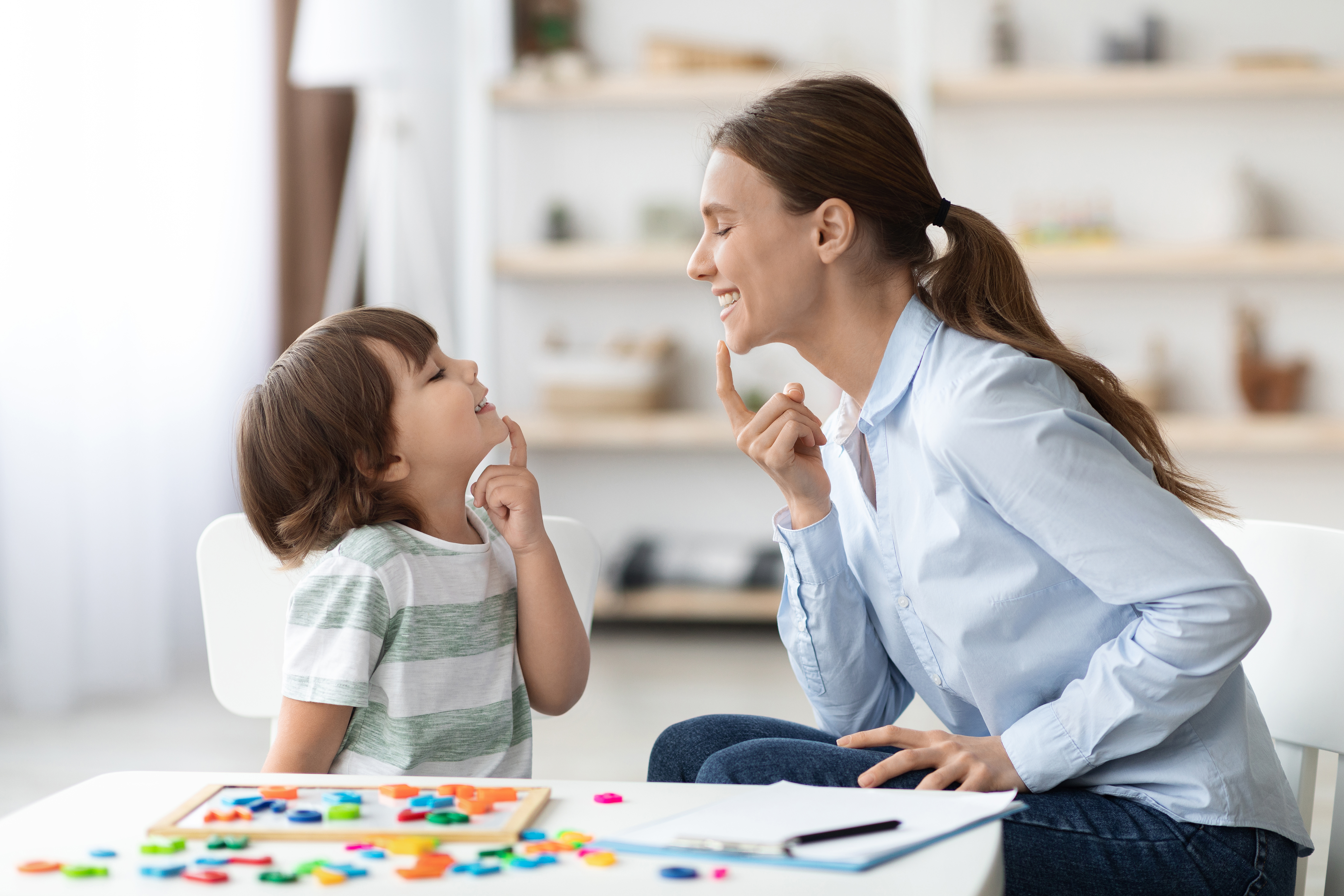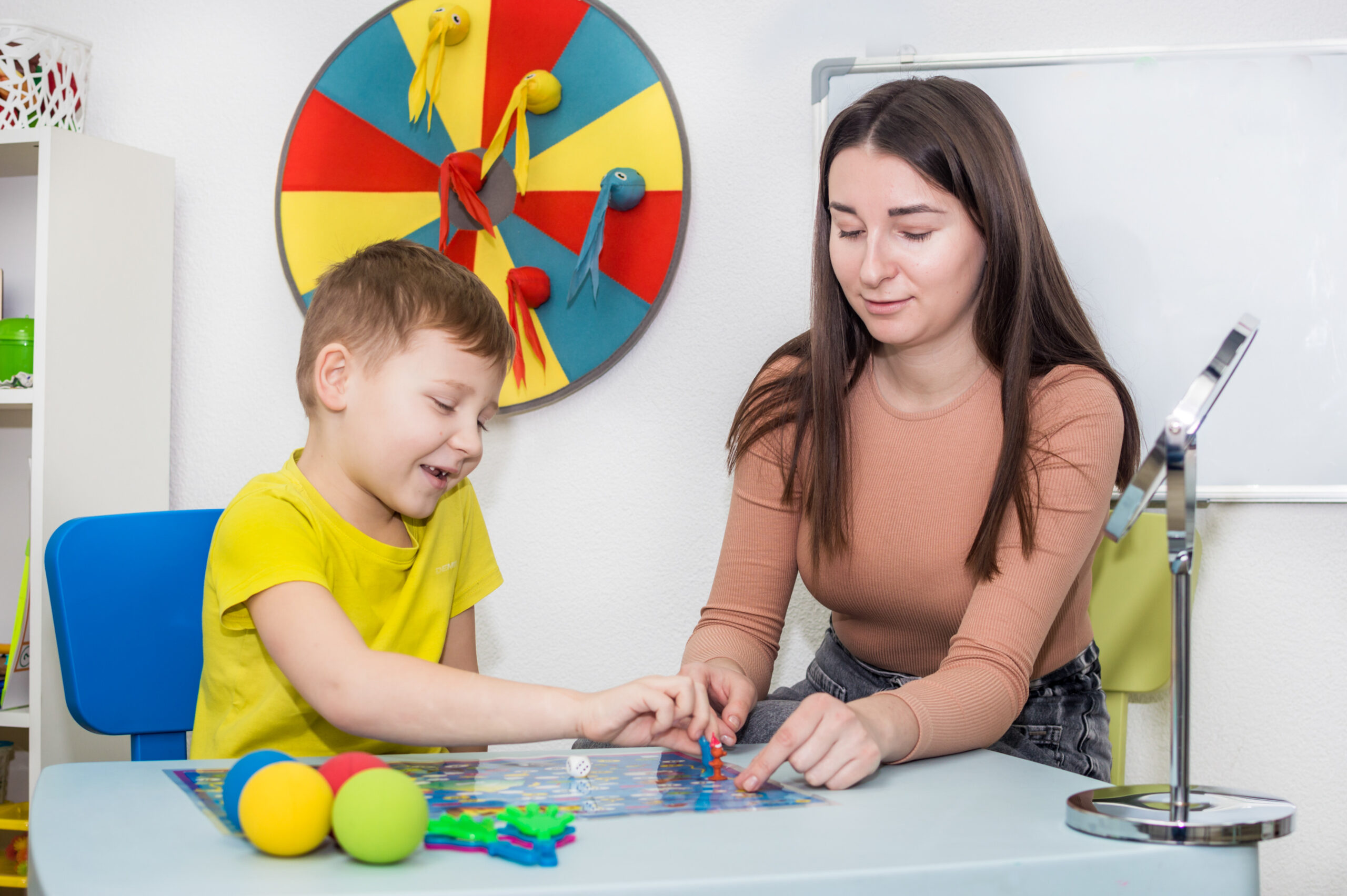One of the most valuable lessons we can bequeath is helping children become aware of how thoughts can influence emotions and behavior. Cognitive behavioral therapy (CBT) can help children reframe how they identify, interpret, and evaluate their emotional and behavioral reactions to negative experiences. Acknowledging that emotions and behaviors can be controlled and managed is empowering. During this crucial developmental stage, it can improve self-control, emotion regulation, coping skills, and emotional awareness.
Behavioral Therapist plays a vital role in cognitive behavioral therapy for kids. Finding the best behavioral therapist for your child is a must. You can search for the best therapist through search engines. For example, if you are from Hyderabad and looking for a behavioral therapist, then you can search for behavioral therapist in Hyderabad. Also, you can get reviews and recommendations from your family or friends.
Is CBT an Effective Form of Therapy for Children?
Behavioral and cognitive theories of human psychopathology are at the heart of cognitive behavioral therapy. By targeting multiple areas of potential vulnerability with developmentally-guided strategies and flexible intervention pathways, CBT is an effective treatment for a wide range of psychological problems in adults.
In current years, a growing body of proof also supports the efficacy of CBT with children and young people for multiple conditions, including, but not limited to, depression, generalized anxiety disorder, and obsessive-compulsive disorder.
Anxiety disorders are the most typical form of psychopathology in children and adolescents. In children, signs of Generalized Anxiety Disorder (GAD) include excessive worry about health, school, social issues, and the opinions of others.
What Childhood and Teen Problems Can CBT Best Address?
Cognitive-behavioral therapy challenges maladaptive thoughts and unhelpful manners – substituting them with more natural thinking patterns and adaptive coping techniques. These adjustments can help change the symptoms of several issues associated with childhood and adolescence.
Eating disorders
Eating disorders are relatively prevalent and severe psychological disorders that commonly emerge during adolescence. About 40-60% of girls aged 6-12 expressed worries regarding their weight, with about 13% suffering from an eating disorder by age 20. Cognitive restructuring is a crucial aspect of cognitive behavioral therapy for eating disorders, which aims to address distorted thoughts about weight and self-image.
Low self-esteem
Low self-esteem has been associated with several different psychiatric diagnoses, including depression, obsessive-compulsive disorder, eating disorders, self-harm, and substance abuse.
Bedwetting
Bedwetting, known clinically as Nocturnal Enuresis, is a possible source of low self-esteem and has been associated with emotional and behavioral disorders. While the occurrence of bedwetting is most typical in younger children, the majority of bedwetting in children aged 12-15 is calculated to be around 3%.
Also, those receiving CBT were less likely to retreat when compared with subjects using an enuresis alarm – a generally utilized method in the treatment of bedwetting. CBT can also help in the amelioration of signs associated with bedwetting, such as low self-esteem, anxiety, and embarrassment.
Bullying
It is characterized by an imbalance of power, aggressive behavior, and repetitive intentional ‘harm doing.’ Victims of childhood bullying are at a higher risk of experiencing sleep problems, self-harm, anxiety, and depression. CBT significantly reduces self-reported anxiety and depression associated with bullying, with intervention gains maintained after three months.
6 Benefits of Using Cognitive Behavioral Therapy with Kids
- Cognitive-behavioral therapy enhances self-control, perceptions of personal efficacy, rational problem-solving skills, social skills, and participation in activities that bring pleasure or mastery.
- CBT treatment can reduce anxiety, increase coping skills, and improve emotional awareness and regulation in children ages 7-15.
- CBT can equip children with the skills needed to understand and cope with their emotions: children and adolescents who can effectively manage their emotions are 60% less likely to develop mental disorders in later life.
- Trauma-focused CBT improves PTSD symptoms and reduces harmful behaviors in young children. It also found that the inclusion of a parent or guardian in TF-CBT led to significantly more significant improvements in traumatized children concerning interpersonal trust and perceived credibility.
- Group CBT has been shown to improve social skills expressiveness and decrease social anxiety and self-reported loneliness in young adults with autism aged 11-18.
- Children who cannot or will not verbalize can express emotions through CBT.
If you also want that your kid should benefit above mentioned things, then find a good behavioral therapist and help them overcome challenges. Searching for a behavioral therapist is easy; you can use search engine’s help by searching behavioral therapists within your region, for example- A behavioral therapist in Hyderabad.
A Take-Home Message
Cognitive-behavioral therapy can help children reframe their perceptions of negative emotions and experiences and manage their reactions. CBT isn’t about eradicating negative emotions; instead, it provides ways in which children can understand that feelings will pass, much like a dark cloud on a sunny day.
Over time, cognitive behavioral therapy can guide children through generating more realistic versions of situations and provide the tools necessary to cope with them. Rather than avoiding or accepting negative emotions and experiences as truths, they can be acknowledged, understood, and responded to more positively.







